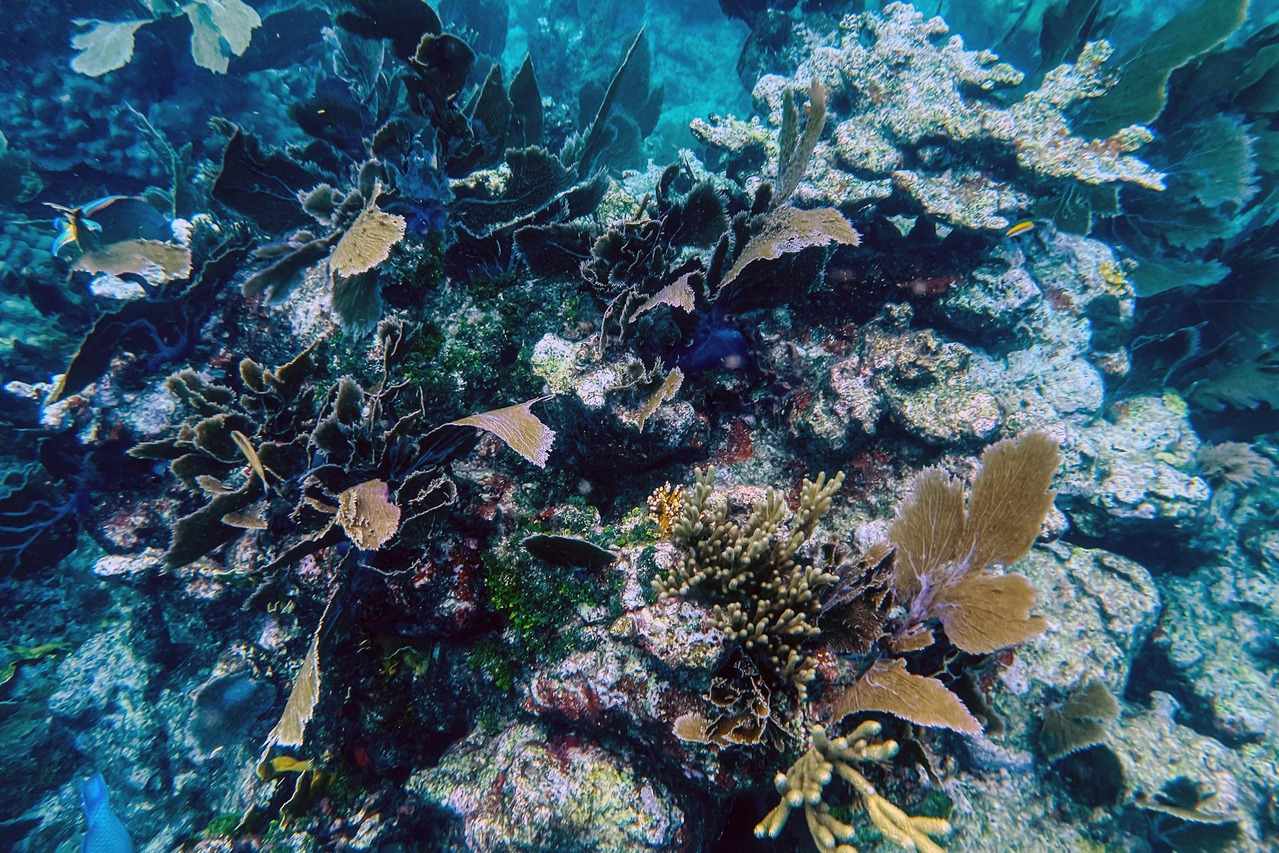Global warming has killed 14% of the world's corals in a decade
Sign up now: Get ST's newsletters delivered to your inbox

Climate change is the biggest threat to the world's coral reefs.
PHOTO: AFP
PARIS (AFP) - Dynamite fishing and pollution - but mostly global warming - wiped out 14 per cent of the world's coral reefs from 2009 to 2018, leaving graveyards of bleached skeletons where vibrant ecosystems once thrived, according to the largest ever survey of coral health.
Hardest hit were corals in South Asia and the Pacific, around the Arabian Peninsula, and off the coast of Australia, more than 300 scientists in the Global Coral Reef Monitoring Network reported.
"Climate change is the biggest threat to the world's reefs," co-author Paul Hardisty, chief executive of the Australian Institute of Marine Science, said in a statement.
Oceans absorb more than 90 per cent of the excess heat from greenhouse gas emissions, shielding land surfaces but generating huge, long-lasting marine heatwaves that are pushing many species of corals past their limits of tolerance.
A single so-called bleaching event in 1998 caused by warming waters wiped out eight percent of all corals.
Coral reefs cover only a tiny fraction - 0.2 per cent - of the ocean floor, but they are home to at least a quarter of all marine animals and plants.
Besides anchoring marine ecosystems, they also provide protein, jobs and protection from storms and shoreline erosion for hundreds of millions of people worldwide.
The value of goods and services from coral reefs is about US$2.7 trillion (S$3.7 trillion) per year, including US$36 billion in tourism, the report said.
Loss of coral from 2009 to 2018 varied by region, ranging from 5 per cent in East Asia to 95 per cent in the eastern tropical Pacific.
The 'Coral Triangle'
"Since 2009 we have lost more coral worldwide than all the living coral in Australia," noted United Nations Environment Programme (UNEP) executive director Inger Anderson.
"We can reverse the losses, but we have to act now." The UN's climate science advisory panel, the Intergovernmental Panel on Climate Change, projects with "high confidence" that global warming of 1.5 deg C above pre-industrial levels will see 70 per cent to 90 per cent of all corals disappear.
In a 2 deg C world, less than 1 per cent of global corals would survive.
Earth's average surface temperature has already increased by 1.1 deg C above that benchmark.
The report, titled Status Of Coral Reefs Of The World: 2020, found reasons for cautious optimism.
"Some reefs have shown a remarkable ability to bounce back, which offers some hope for the future recovery of degraded reefs," Dr Hardisty said.
East and South-east Asia's "Coral Triangle" - which contains nearly 30 per cent of the world's coral reefs - were hit less hard by warming waters over the last decade, and in some cases showed recovery.
This resilience could be due to species unique to the region, potentially offering strategies for boosting coral growth elsewhere, the authors said.
Based on nearly two million data points from 12,000 sites spanning 73 countries and 40 years, the report is the sixth such global survey and the first since 2008.
To measure change over time, the researchers contrasted areas covered by healthy live hard coral with areas taken over by algae, a sign of coral distress.
The report was undertaken with support from UNEP and the International Coral Reef Initiative, a partnership of governments and research organisations focused on preserving corals reefs and related ecosystems.


